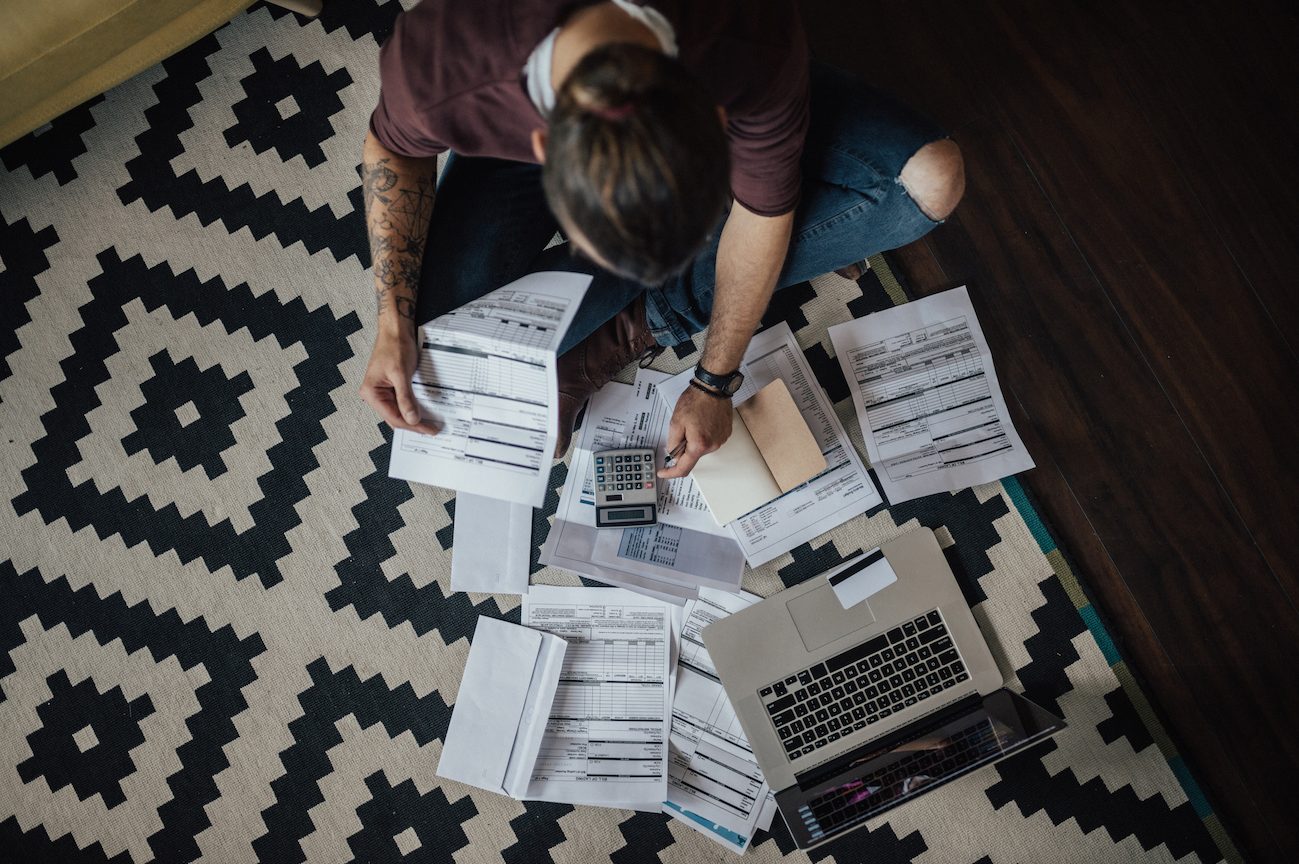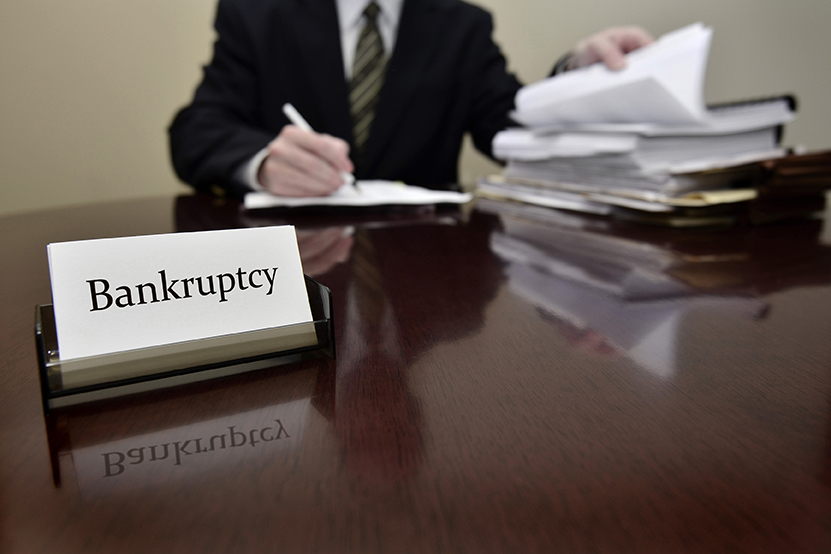Filing for Chapter 13 bankruptcy with the federal court's protection allows you to reorganize your excessive debts and set up a repayment plan with terms ranging from three to five years. Since you need a steady paycheck to qualify, this form of bankruptcy is sometimes called "wage earners" bankruptcy. The plan is to settle some debts and catch up on payments for secured loans. The criteria for and process of filing for Chapter 13 bankruptcy are outlined here.
Would Chapter 13 bankruptcy Work For You?

Chapter 13 bankruptcy requires the following:
- You need a stable source of income.
- You can't owe more than $419,275 in unsecured debt and $1,257,850 in secured debt.
- In the previous 180 days, you could not have had a Chapter 7 or even Chapter 13 bankruptcy petition dismissed due to your failure to appear in court or follow court instructions, among other things.
How Do I File Chapter 13?

Consult a bankruptcy attorney and a credit counselor from a reputable nonprofit credit counseling service before making any final decisions about filing for bankruptcy. There must be no charge for either of the first appointments. During these meetings, you can learn more about your options and determine if bankruptcy is the best way to get your financial life back on track.
Verify Chapter 13 Is Correct.
The two most common types of personal bankruptcy are Chapter 7 and Chapter 13. Both offer unique tools that can be used to address specific issues that filers face. To avoid losing your home to foreclosure or your car to repossession, file for Chapter 13 bankruptcy and use the money you save to catch up on the payments.
Look Into Your Debt Situation.
You might not qualify if you have a lot of outstanding debt. The court sets the maximum amount of debt you can have in Chapter 13. Obligations, like recent tax debt, mortgage arrears, and child support, must be paid in full within the three to five-year repayment period.
Property Value.
If you're considering bankruptcy, you should know what assets are immune from liquidation. You can retain everything, but you have to pay back your creditors for the value of your nonexempt assets. The value of your nonexempt assets will be used to calculate your monthly payment under Chapter 13 bankruptcy.
Consider Your Financial Situation.
Your income must be sufficient to pay your monthly living expenses, plan obligations, and the value of any nonexempt property you choose to keep. If you don't have enough money, the court won't let you proceed. Continue reading to learn what a debtor under a Chapter 13 bankruptcy might anticipate.
File Bankruptcy.
Once you've established your eligibility, you'll need to complete bankruptcy paperwork and create a repayment strategy. Find out all you need to know to file for bankruptcy.
Attend The Pre-Application Seminar.
Before initiating a bankruptcy case, an individual must complete credit counseling. After finishing the course, you will be issued a certificate to use in your bankruptcy petition. Learn more about the bankruptcy law's obligations for credit counseling and debtor education.
Forms And Fees Are Due.
The trustee will double-check the details you supplied on your forms with the documents you submit after filing, such as paycheck stubs, bank statements, tax returns, etc. Records required by Section 521 of the Bankruptcy Code are sometimes referred to as "521 documents."
Go To Two Separate Court Sessions.
Following this meeting, you or your attorney will attend a confirmation hearing when the bankruptcy court would decide whether it should "confirm" or approve your plan. A creditor can protest by filing an opposition with the court before the process begins.
Pay Bills.
Within the first 30 days, you must begin making payments per your repayment schedule. The court will dismiss your case if payments are missed.
Chapter 13 Bankruptcies: The Benefits And Drawbacks
Filing for bankruptcy is a significant step that should not be taken lightly by anyone, even customers saddled with substantial debt. It's essential to weigh the costs and benefits of bankruptcy before deciding.
Benefits:
- Any further attempts by your creditors to collect your debts must cease once you have filed for bankruptcy.
- Unless the court orders otherwise, your cosigners cannot be held responsible for your debt.
Drawbacks:
- Negative information could stay on your credit report for up to seven years.
- Potentially long-lasting effects on future credit, housing, vehicle, and employment opportunities.
- The debt is not immediately forgiven (as in Chapter 7) but must be paid off over three to five years.
Consult A Chapter 7 Lawyer
Get in touch with a bankruptcy attorney if you're thinking about filing for Chapter 13. A bankruptcy lawyer can help you understand your legal alternatives, create a plan that the court will approve, and troubleshoot any issues that may arise over the three to five years of your repayment plan.



